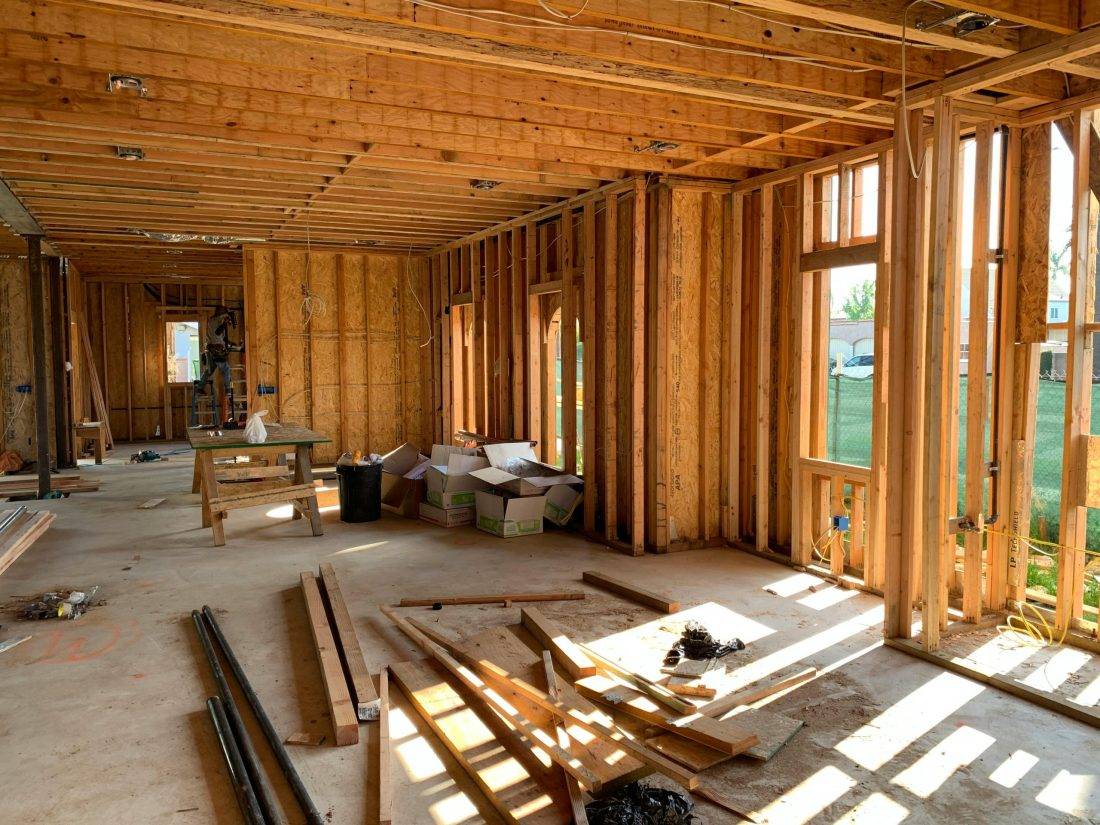What is Maximum Density? Understanding Property Limits in Macon, Georgia
When buying or developing property in Macon, Georgia, understanding zoning rules and regulations is essential. One term that often comes up in property development discussions is maximum density. In technical terms, this refers to the maximum allowable residential density, meaning the highest number of residential units that can legally be built on a specific parcel of land. Knowing this limit is critical for homeowners, investors, and developers alike, as it can directly influence property plans, neighborhood character, and long-term investment value.

Defining Maximum Density
Maximum density refers to the highest number of buildings or residential units allowed per unit of land, as dictated by local zoning laws. It is often expressed as:
Units per acre: The most common measure for residential properties, indicating how many homes or apartments can be built on a single acre of land.
Floor Area Ratio (FAR): More common in commercial or mixed-use areas, FAR measures the total building floor area relative to the land size.
Population density: Sometimes, municipalities also limit the number of people allowed to reside in a given area.
For example, if a Macon lot is zoned for 5 units per acre, the maximum density allows a developer to build up to 5 homes on a one-acre lot. Attempting to exceed this limit could result in fines or permit denials.
Why Maximum Density Matters
Maximum density is not just a zoning technicality—it has real-world implications for homeowners and developers:
Safety and Infrastructure
High-density areas place pressure on roads, utilities, schools, and emergency services. Zoning limits help ensure neighborhoods remain safe and well-serviced.Neighborhood Character
Density rules help maintain the feel and style of a community. For example, a street of single-family homes can be disrupted if developers suddenly introduce high-density apartments.Property Value
Maximum density can influence property values. Lower-density areas often offer more privacy and space, appealing to many buyers, while higher-density areas may attract investors seeking rental income or commercial development opportunities.Environmental Impact
Density restrictions also protect the environment by preserving green space, reducing runoff, and maintaining a healthy ecosystem. Overbuilding can lead to flooding, congestion, and less outdoor space for residents.
Maximum Density in Macon, Georgia
Macon has a variety of zoning classifications that dictate maximum density. These regulations are set by the Bibb County Planning and Zoning Department to balance growth with livability. Common zoning categories include:
Single-Family Residential (R-1, R-2, etc.): Low-density zones allowing one home per lot or a small number of units per acre.
Multi-Family Residential (R-MF): Permits higher-density housing like apartments or townhomes.
Commercial and Mixed-Use: Often regulated by FAR, controlling how much building space can occupy a parcel.
Understanding these zoning rules before purchasing or developing property in Macon ensures your plans comply with city regulations and avoids costly setbacks.

How Maximum Density Affects Your Property Plans
Buying a Home
Even if you’re not building, maximum density impacts your lifestyle and property value. High-density neighborhoods may be busier, noisier, and have more traffic, though they often offer closer amenities like shops, restaurants, and public transit.Developing Land
Developers must design projects around maximum density. Exceeding allowed limits can result in permit denial or legal issues. Clear knowledge of density rules allows developers to plan profitable, compliant projects.Renovating or Expanding
Adding units or converting a property—such as turning a single-family home into a duplex—may be restricted by density limits, depending on the zoning designation.
Exceptions and Variances
Occasionally, municipalities may grant variances, which are exceptions to standard density rules. Property owners must demonstrate that strict adherence to density limits would create undue hardship. Variances are not guaranteed and usually require formal application, public notice, and approval.
It’s also important to note that density is only one aspect of zoning. Other rules—like setbacks, lot coverage, and height restrictions—work together to define what can be built on a property.
Tips for Homebuyers and Developers in Macon
Check Zoning Before Buying: Always confirm a property’s zoning designation and maximum density before making a purchase.
Consult Professionals: Real estate agents and local attorneys can help navigate complex zoning rules.
Consider Community Impact: Even if a development is allowed, neighborhood opposition can affect project approval.
Plan for the Future: Understanding density helps you anticipate growth and make informed, long-term investment decisions.
Conclusion
Maximum density—technically the maximum allowable residential density—is a key concept for anyone buying, selling, or developing property in Macon, Georgia. It defines how many homes can be built on a parcel, influences neighborhood character, affects property values, and ensures safe, sustainable development.
Whether you’re a first-time homebuyer, a seasoned investor, or a developer, knowing the density rules in your area is critical. By reviewing zoning laws, consulting experts, and carefully considering the impact of density on your property plans, you can make confident, informed decisions.
If you’re ready to explore properties in Macon or want guidance on how zoning and maximum density may affect your plans, I’m here to help. As a local expert, I can provide insights, connect you with the right professionals, and ensure you proceed with confidence every step of the way.


